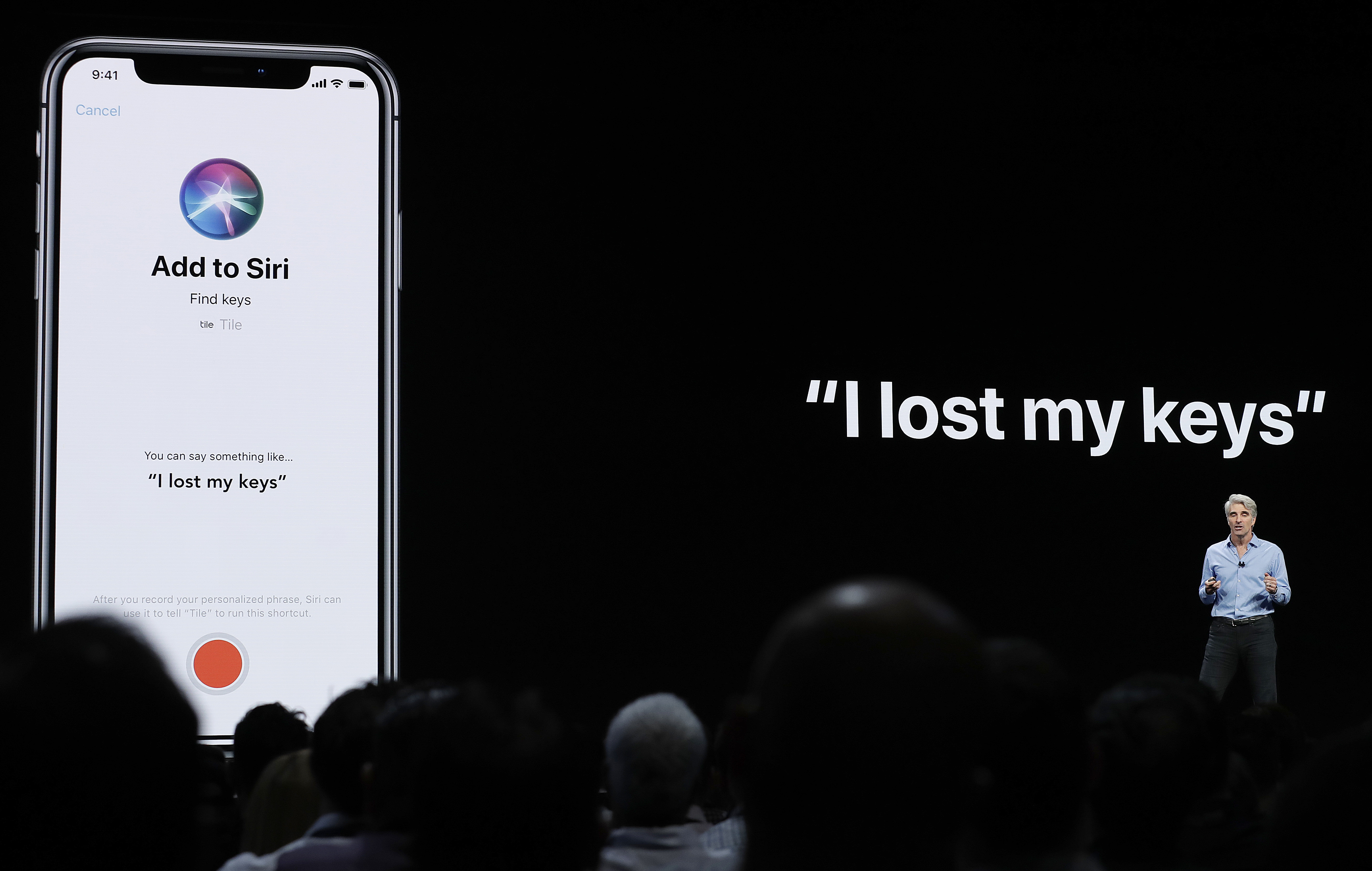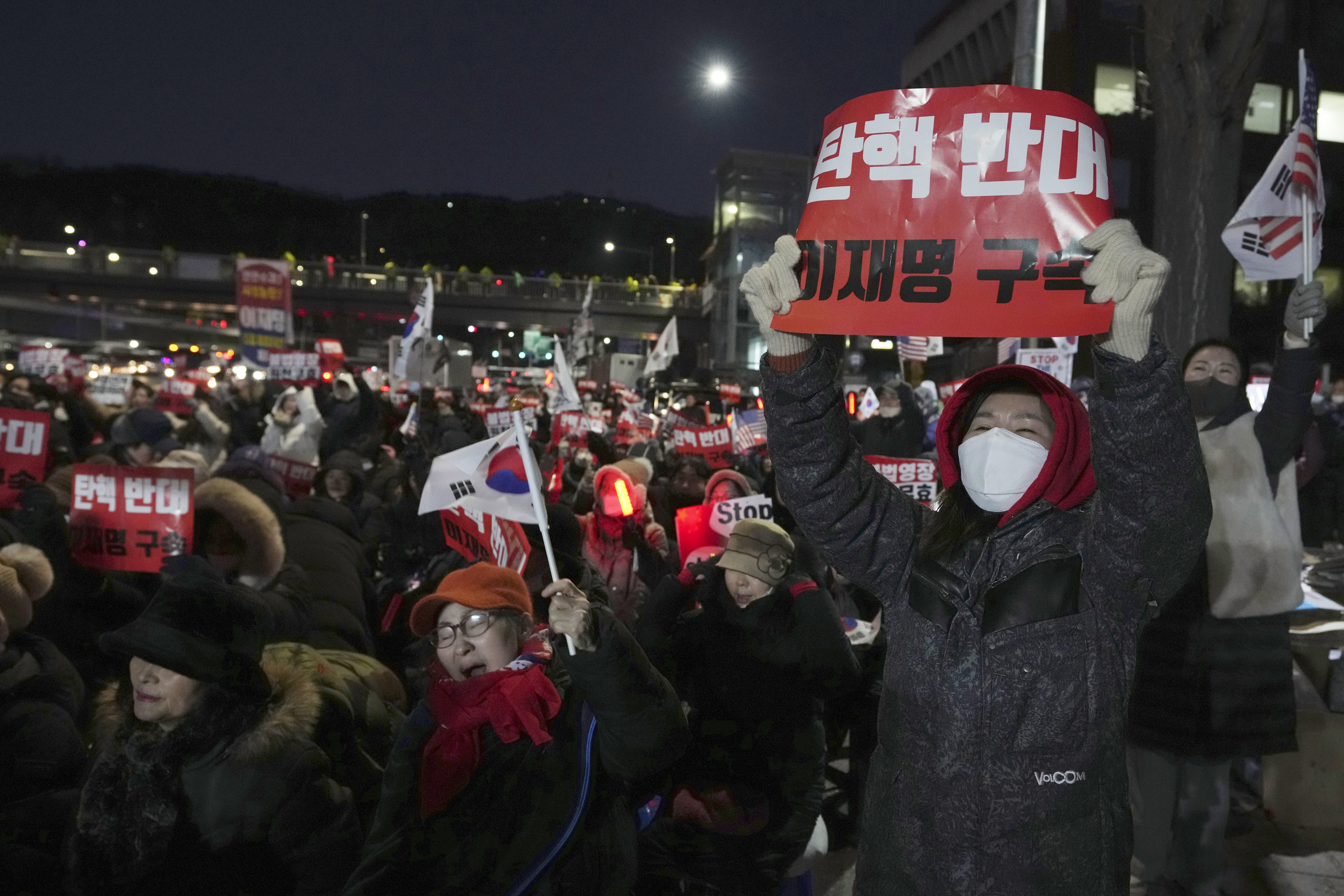A planned two-day summit of Gulf Arab countries fell apart within hours of starting Tuesday over the ongoing boycott of Qatar, underscoring the difficulty of ending the crisis and suggesting that unifying the bloc of U.S. allies is slipping further from reach.
Even before Kuwait's 88-year-old emir began the summit of the Gulf Cooperation Council, the United Arab Emirates announced it formed a new partnership with Saudi Arabia to coordinate "all military, political, economic, trade and cultural fields," the basic goal of the GCC.
Abu Dhabi and Riyadh already enjoy close ties and previously signed a similar agreement last year, suggesting the latest announcement was meant to scuttle any possible reconciliation in Kuwait City. It also highlighted the inherent weakness of the six-nation GCC already exposed by the monthslong dispute between half of its members and Qatar.
"The GCC has been successful at, in essence, boring things that do not make it to public consciousness — hence successes in areas of economic harmonization," said David B. Roberts, an assistant professor at King's College London. "But whenever an issue is controversial, political or actually important, the organization typically fails."
The GCC, composed of Bahrain, Kuwait, Oman, Qatar, Saudi Arabia and the UAE, formed in 1981, in part as a counterbalance to Shiite power Iran. It's no stranger to disputes among its members, especially during the mid-1990s.
In the time since, the group had grown more clubby, buoyed by rising oil and energy prices. It made visa-free travel arrangements among its members and pushed toward greater economic cooperation.
But a drop in oil prices, the 2011 Arab Spring and its aftermath, and other political maneuvers led to the Qatar diplomatic crisis.
U.S. & World
The dispute began in June, following what Qatar described as a hack of its state-run news agency and the circulation of incendiary comments attributed to its ruler, Sheikh Tamim bin Hamad Al Thani. Soon after, GCC members Bahrain, Saudi Arabia and the UAE closed off their airspace and seaports to Qatar, as well as the small peninsular nation's sole land border with Saudi Arabia.
The boycott initially riled Doha, but Qatar soon replaced food products with those flown in from Turkey and Iran.
However, Qatar's foreign reserves have dropped by some $10 billion — a fifth of their value — since the dispute began. Those reserves are crucial in supporting the nation's riyal, which is pegged to the U.S. dollar, as well as funding the upcoming 2022 FIFA World Cup that Doha will host.
The boycotting nations allege Qatar funds extremist groups and has too-cozy ties to Iran. Qatar has long denied funding extremists, but Doha shares a massive offshore natural gas field with Tehran that gives its citizens the highest per-capita income in the world. It restored diplomatic relations with Iran after the crisis, marking a setback for Saudi Arabia, which views Tehran as its main regional rival.
A similar dispute involving Qatar erupted in 2014. But this time positions have hardened against Qatar, whose support for Islamist opposition groups has angered the Arab nations now boycotting it. The UAE in particular views Islamists as a threat to hereditary rule in its federation of seven sheikhdoms. Egypt, angered by Qatar's support for the Muslim Brotherhood and the nation's deposed President Mohammed Morsi, is also boycotting Doha.
The U.S., which has some 10,000 troops stationed at Qatar's sprawling al-Udeid Air Base as part of its campaign against the Islamic State group and the war in Afghanistan, also has sought to end the crisis. Its military has halted some regional exercises to put pressure on the GCC to resolve the crisis. However, President Donald Trump in the meantime made comments seemingly supporting the Arab nations' efforts at isolating Qatar, complicating those efforts.
Just before the start of Tuesday's summit, the Emirati Foreign Ministry said the new "joint cooperation committee" with Saudi Arabia was approved by the UAE's ruler and president, Sheikh Khalifa bin Zayed Al Nayhan.
The UAE and Saudi Arabia have cultivated close ties in recent years. Emirati troops are deeply involved in the Saudi-led war in Yemen. Abu Dhabi's powerful crown prince, Mohammad bin Zayed Al Nayhan, is believed to be close to Saudi Arabia's young Crown Prince Mohammed bin Salman.
The Emirati announcement did not say whether any other Gulf Arab countries would be invited to join the new group, but the implication was clear: The two Gulf powers could strike out on their own.
Tuesday's meeting in Kuwait City was to be a summit of the region's rulers. However, only Qatar and Kuwait were represented by their ruling emirs, sparking anger online by Kuwaitis that the nations boycotting Qatar had slighted their leader.
Despite the troubles, Kuwaiti emir Sheikh Sabah Al Ahmad Al Sabah tried to stay positive.
"The past few months have seen several painful incidents and negative repercussions, but we believe that wisdom will prevail," he said. "Our meeting today is an indicator that we shall continue our efforts to resolve the crisis."
But after a closed-door meeting lasting around 15 minutes, Sheikh Sabah announced the end of the summit to applause. GCC secretary-general Abdullatif al-Zayani tried to downplay ending the meeting early, saying others had concluded just as quickly. But he avoided directly discussing Qatar with journalists.
Associated Press writers Hussain al-Qatari and Malak Harb contributed to this report.



